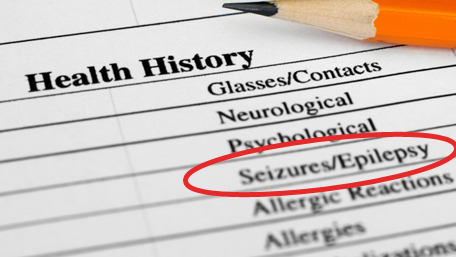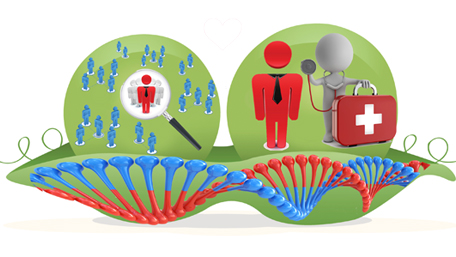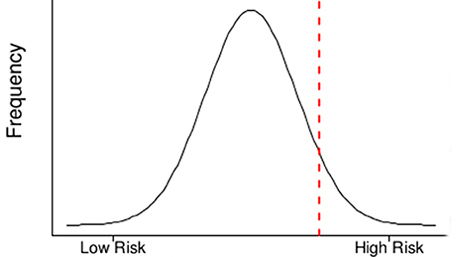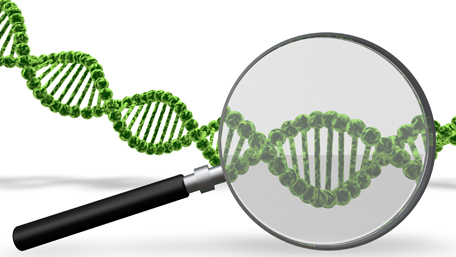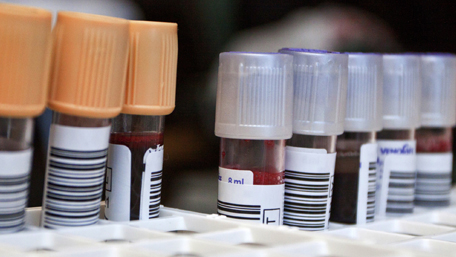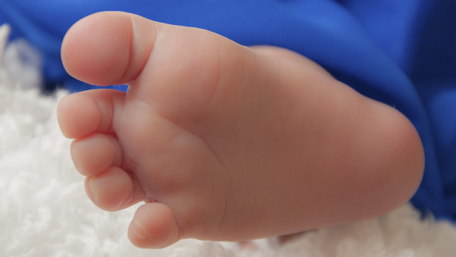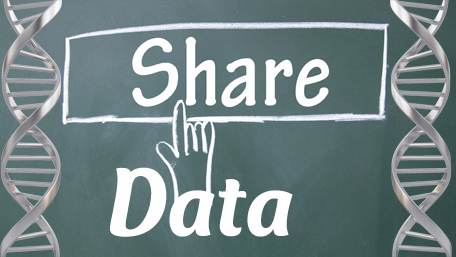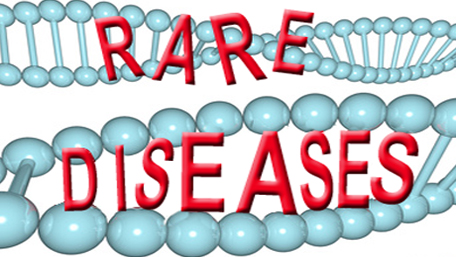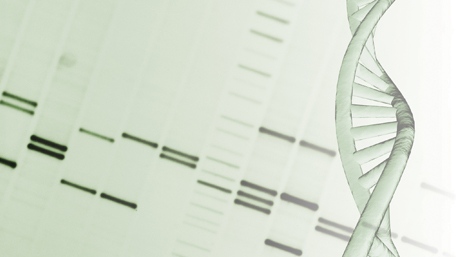
12/02/2019
Hot Topics of the Day are picked by experts to capture the latest information and publications on public health genomics and precision health for various diseases and health topics. Sources include published scientific literature, reviews, blogs and popular press articles.
Sign up MyPHGKB to receive the daily hot topic email alert.
Archived Hot Topics of the Day By Date
Precision public health emerging as a discipline
JK COhen, Modern Healthcare, November 30, 2019
Polygenic background modifies penetrance of monogenic variants conferring risk for coronary artery disease, breast cancer, or colorectal cancer
AC Fahed et al, MedRXIV, November 29, 2019
Trans-biobank analysis with 676,000 individuals elucidates the association of polygenic risk scores of complex traits with human lifespan
S Sakaue et al, BioRXIV, NOvember 2019
Reinterpretation, reclassification, and its downstream effects: challenges for clinical laboratory geneticists.
El Mecky Julia et al. BMC medical genomics 2019 Nov (1) 170
Return of genetic and genomic research findings: experience of a pediatric biorepository.
Papaz Tanya et al. BMC medical genomics 2019 Nov (1) 173
Prospective, phenotype-driven selection of critically ill neonates for rapid exome sequencing is associated with high diagnostic yield.
Gubbels Cynthia S et al. Genetics in medicine : official journal of the American College of Medical Genetics 2019 Nov
Members of the public in the USA, UK, Canada and Australia expressing genetic exceptionalism say they are more willing to donate genomic data.
Middleton Anna et al. European journal of human genetics : EJHG 2019 Nov
Genomic Science Kept My Boys from Going Blind - A rare disease almost took their eyesight, but before their world went dark, a medical miracle happened.
K Papiro, WSJ, November 2019
A Reporter Took DNA Tests in the U.S. and China. The Results Left Her Worried
KA Ha, et al, Bloomberg, November 30, 2019
Disclaimer: Articles listed in Hot Topics of the Day are selected by Public Health Genomics Branch to provide current awareness of the scientific literature and news. Inclusion in the update does not necessarily represent the views of the Centers for Disease Control and Prevention nor does it imply endorsement of the article's methods or findings. CDC and DHHS assume no responsibility for the factual accuracy of the items presented. The selection, omission, or content of items does not imply any endorsement or other position taken by CDC or DHHS. Opinion, findings and conclusions expressed by the original authors of items included in the Clips, or persons quoted therein, are strictly their own and are in no way meant to represent the opinion or views of CDC or DHHS. References to publications, news sources, and non-CDC Websites are provided solely for informational purposes and do not imply endorsement by CDC or DHHS.
- Page last reviewed:Feb 1, 2024
- Page last updated:Apr 25, 2024
- Content source:


